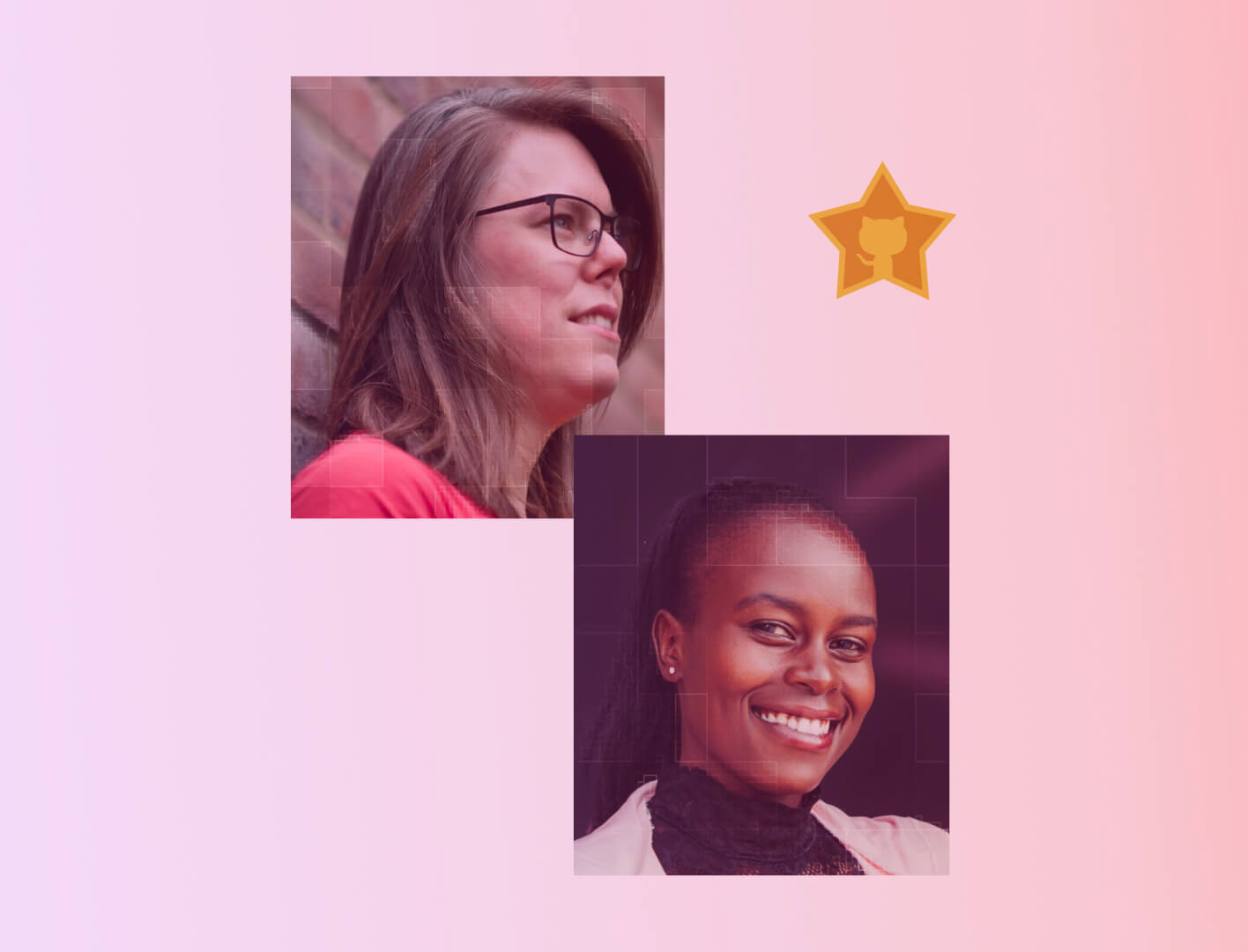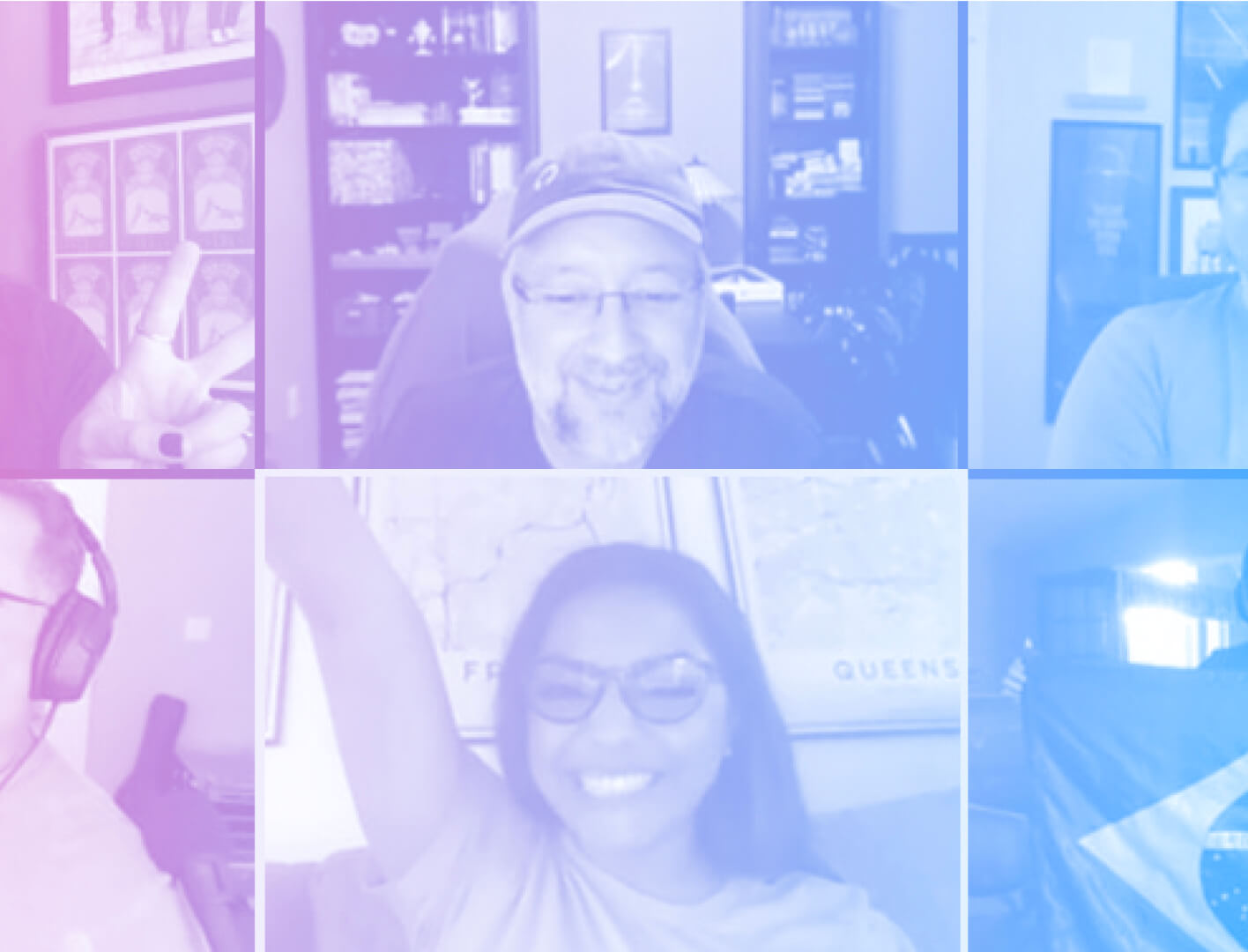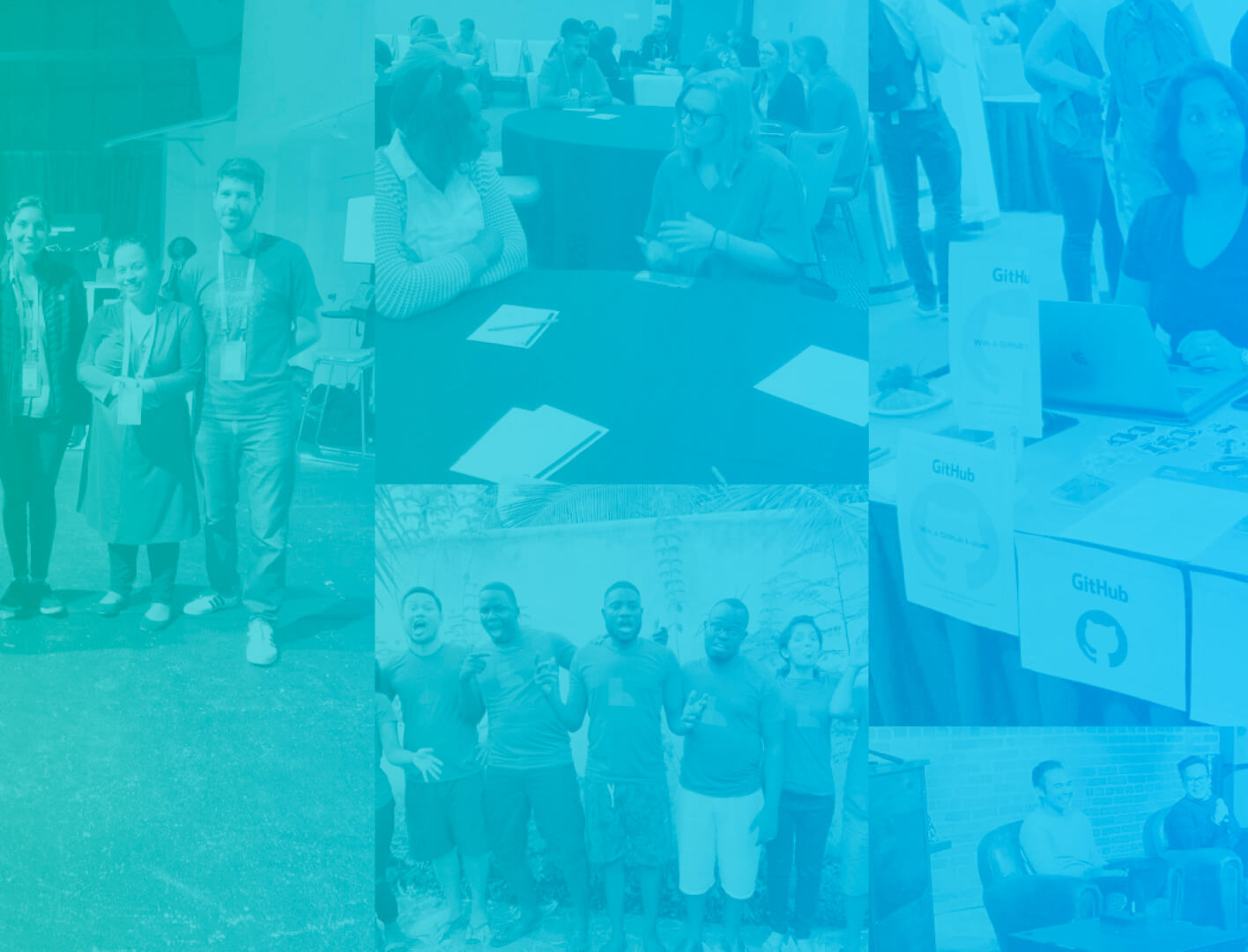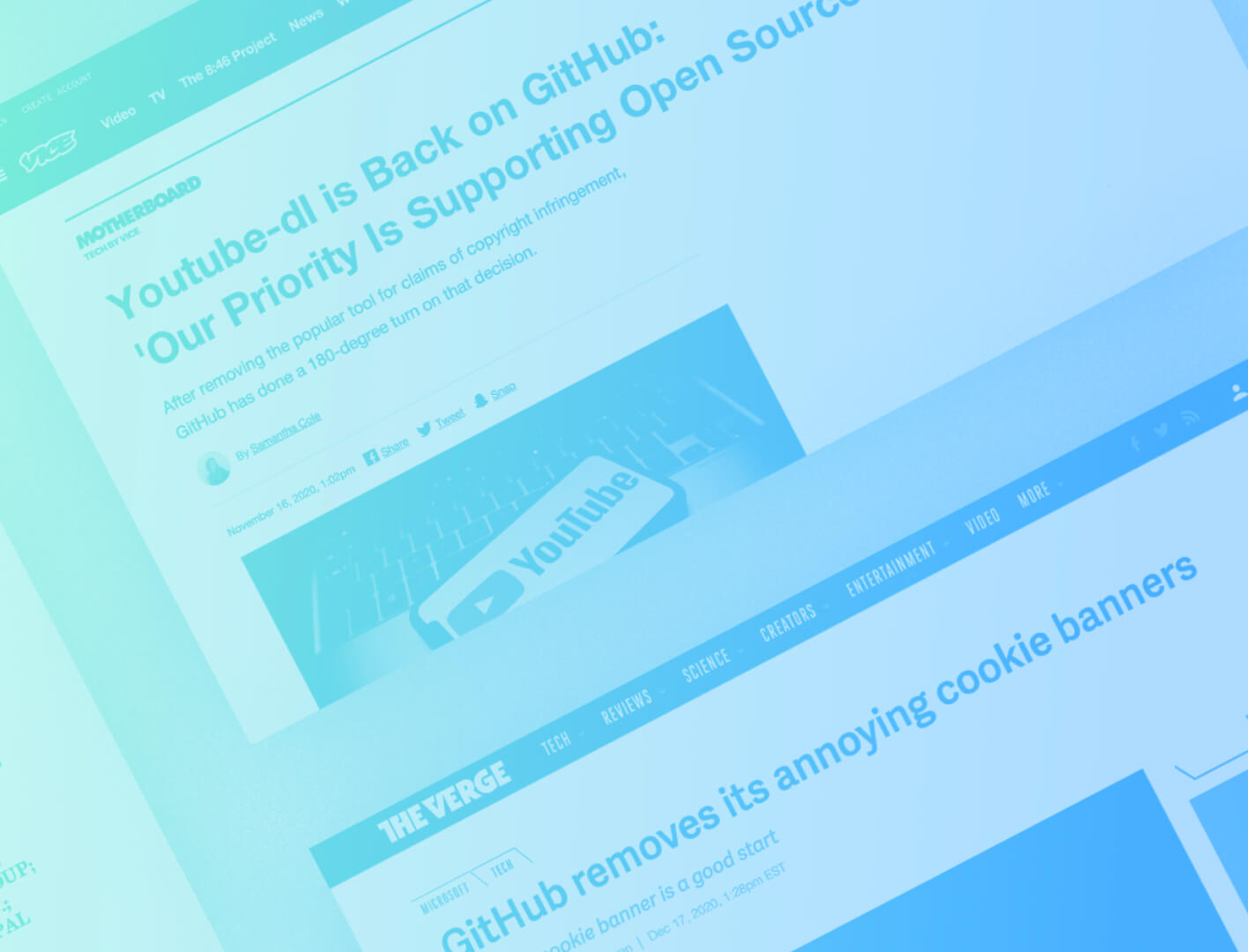Our goal is to speed up human progress by enabling developers to collaborate regardless of their skills or experience. We prioritize global accessibility through localization, outreach, community building, compliance.
Global diversity, inclusion, and belonging at GitHub
We are the world‘s largest developer community and value the potential of a diverse open-source community. We prioritize promoting diversity and inclusion across our platform, people, philanthropy, and policy. See below for more information on our global strategy.
Provide an on ramp for the next generation of developers
The Major League Hacking (MLH) MLH Fellowship, Powered by GitHub is a remote program now available in over 32 regions that matches students with open source projects and mentors.
GitHub Education has served 2.5 million students globally and provides students, teachers, and schools with access to powerful tools that support the growth and learning of the next generation of developers.
Use inclusive language
We coordinated with industry partners and the Git community more broadly to drive the work to change default branch name for new GitHub repositories from master to main. We are now working with a number organizations to make this an industry-wide change.
GitHub for mobile is available in English, Brazilian Portuguese, Japanese, Simplified Chinese, and Spanish. Now more developers can organize tasks, respond to issues, and review and merge pull requests on the go – in more languages than ever.
Contribute where it counts
GitHub Sponsors allows the developer community to financially support the people and organizations who design, build, and maintain the open source projects they depend on, directly on GitHub.
In 2020, we joined forces with Microsoft and LinkedIn in a global skills initiative aimed at bringing more digital skills to 25 million people worldwide.
Amplify underrepresented voices
The ReadME Project provides a spotlight to a diverse range of voices in the global open source community: the maintainers, developers, and teams whose powerful contributions move the world forward every day.
GitHub Stars is a platform for our most influential developers to showcase their work, reach more people, and shape the future of GitHub.

Apply data to our hiring process
We set and track ambitious hiring, retention, and promotional goals for underrepresented communities.
Hold ourselves accountable
We share our annual Diversity Report, which brings transparency to diversity efforts, like representation in tech roles and in leadership.
Promote continuous learning
We invest in unconscious bias, privilege, and allyship training for all employees. This empowers everyone to develop awareness, exercise curiosity, and demonstrate courage.
Collaborate and co-create
We closely collaborate with our Communities of Belonging (CoB) and with our Inclusion Advisory Council (IAC) to guide and inform our priorities.
Provide support for Hubbers
We offer competitive benefits, including access to mental health services, a wellness stipend, $2,000 USD a year for learning and development, and back-up child care and adult/elder care.

Tech for Social Good
We created Tech for Social Good sector organizations working on issues that developers and their communities, like the COVID-19 public health response.
The Tech Pipeline
We’ve partnered with seven organizations to create the Tech Pipeline to make sure the next generation developers includes the most underserved communities in the world.
Hubber Giving
Hubbers are incredibly generous and give their time, talent, and expertise to nonprofits. In order to further support those efforts, we match up to $15,000 USD in donations annually. As part of every team retreat or offsite, we integrate volunteer opportunities and provide 40 hours of volunteer credits per year to all Hubbers.

Protecting privacy and security
We continually push to foster and protect developers’ abilities to collaborate and drive change by contributing to projects that protect the privacy and security of people across the globe, especially at risk populations.
Promote civic engagement
Finally, we promote civic engagement by developers globally, including making sure that Hubbers have paid time off to vote and serve as election workers.